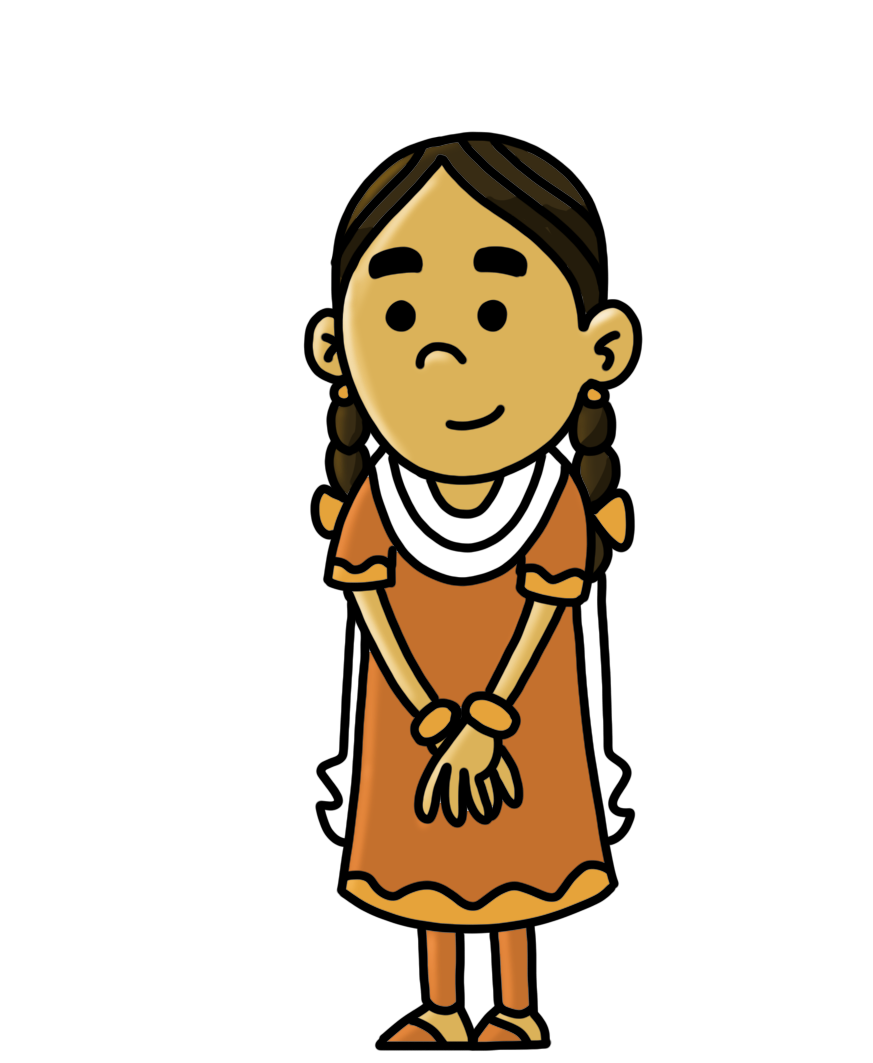The law provides that all students between the ages of six to fourteen years who enrol and attend the school studying between I to VIII classes shall be entitled to nutritious meals at no cost. The funds for such meals shall be provided by the state government. However, implementation of the scheme and monitoring of the quality and preparation of the meal is overseen by the School Management Committee.1These meals should be provided on all days except school holidays. The place of service for such meals is at school only.
If for any reason, the mid-day meal is not provided to the child on any day, a food security allowance consisting of food grains and money shall be paid by the State Government to every child by the 15th of next month.2 The allowance includes food grains and money. It shall be based on the number of food grains entitled to the child and the cooking cost prevailing in the state. Children who voluntarily do not consume the mid-day meal, however, shall not be entitled to such allowance.3
Read more on Frequently Asked Questions on Mid Day Meals on the Nyaaya Blog, given here.
- Rule 7, Mid Day Meal Rules, 2015.[↩]
- Rule 3, Mid Day Meal Rules, 2015.[↩]
- Rule 9, Mid Day Meal Rules, 2015.[↩]

